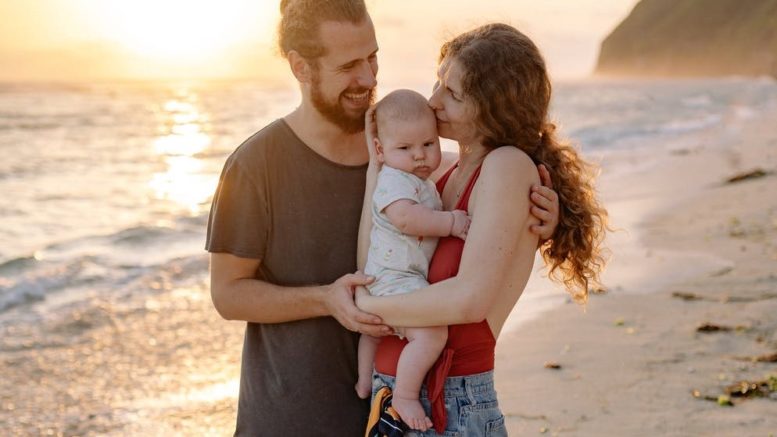Member for Robertson Gordon Reid has welcomed the Federal Government’s announcement that superannuation will be paid on Paid Parental Leave from July 1, 2025.
The announcement coincides with the release of Working for Women – Australia’s first national strategy to achieve gender equality.
Paying superannuation on PPL was also a key recommendation of the Women’s Economic Equality Taskforce and has long been campaigned for by unions and the women’s movement.
Reid said the move was an important economic reform that builds upon paid parental leave entitlements, which Labor first introduced in 2011.
The Government says taking time out of paid work to care for children is a normal part of working life for both parents.

Paying super on Government PPL will help normalise parental leave as a workplace entitlement, like annual and sick leave, and reduce the impact of parental leave on retirement incomes, it says.
Labor’s expansion to Australia’s Paid Parental Leave is currently before the Senate, which will give families an additional six weeks of PPL.
If passed, from 1 July this year, families will have access to an extra two weeks of leave (22 weeks total), which will increase to 24 weeks from July 2025 and 26 weeks from July 2026.
Minister for Women Katy Gallagher said the Government is serious about making sure women are supported when balancing caring and working responsibilities.
“The data is clear – that when women take time out of the workforce to raise children it impacts their retirement incomes with women retiring, on average, with about 25 percent less super than men,” she said.
“Paying super on Government parental leave is an important investment to help close the super gap and make decisions about balancing care and work easier for women,.”
Minister for Social Services Amanda Rishworth said paying superannuation on Paid Parental Leave is another key step to prioritise gender equality, better value care work and improve women’s workforce participation.
“It helps normalise taking time off work for caring responsibilities and reinforces Paid Parental Leave is not a welfare payment – it is a workplace entitlement just like annual and sick leave,” she said.
“Paying super on Paid Parental Leave will build on the significant reforms we have and are making.
“We’ve made it more accessible, flexible and gender neutral and we are expanding the scheme to a full six months.
“These reforms cement Paid Parental Leave as a Labor legacy, with the scheme sitting largely untouched under the Coalition for nearly a decade.”


